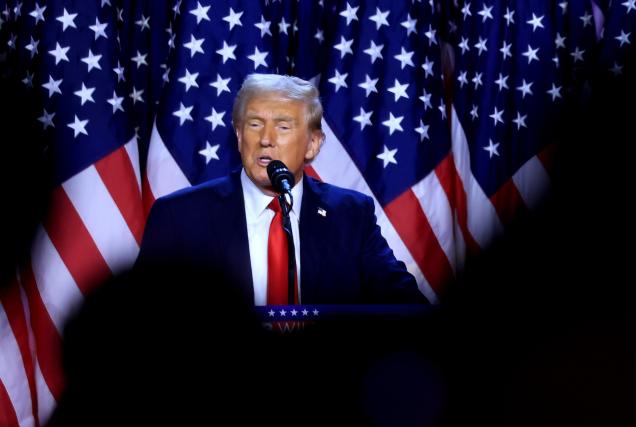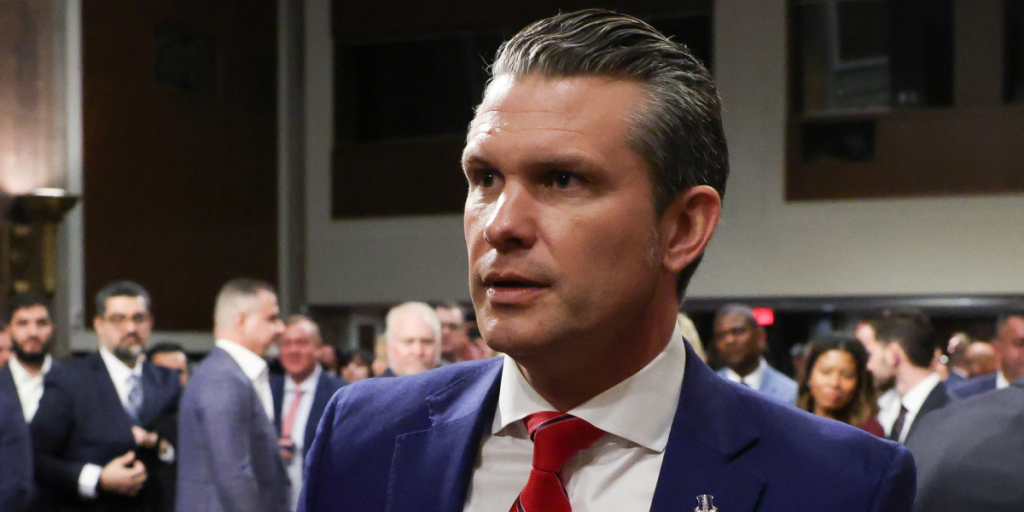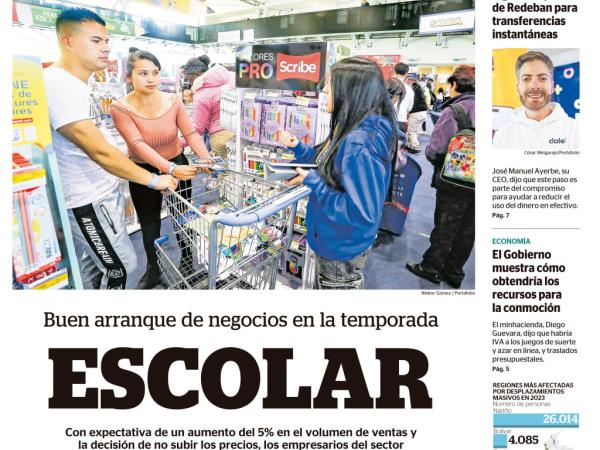Donald Trump’s return to the White House is causing new questions and concerns among many US journalists about how his administration could try to control and intimidate the press.
The Hill He has just reported that the incoming administration was considering drastically expanding access to the White House information session, possibly including more right -wing media or some of the Podcasters To those Trump resorted during his campaign.
“It would be a total disaster,” said a reporter. “I would expect people to probably boycott the information sessions, although that would put certain media in a difficult situation, deciding if they want to follow what Trump’s people are trying to do.”
Tensions are also reported on the White House correspondent Association. His current leader, Eugene Daniels, is widely respected among journalists, but not in Trump’s world. They see him too “comprehensive” with former Vice President Kamala Harris.
Shortly after assuming the position, in January 2017, Trump accused the press of being an “enemy of the American people.” The media attacks had been a distinctive seal of their first presidential campaign, but this accusation marked a turning point.
https://www.youtube.com/watch?v=U1GPC69btrg
And it is that the dictators of the twentieth century, in particular Stalin and Hitler, had described their critics, especially the press, with that same expression: “enemies of the people.” When resuming that category, Trump tries to delegitimize the media work by accusing them of creating “false news.” And above all, to promote social confusion about what is real and what is not; what can be trusted and what not.
Many experts and communication scholars agree that this tries to restore an inspection and control instrument, that is, to liquidate the so -called function of Watchdog (Guardian dog) and the fourth power of the press, recognized by the founders of the nation, including Thomas Jefferson, who once wrote: “If I had to decide whether we should have a government without newspapers or newspapers without government, I would not hesitate moment to prefer the latter. ”
That is not the case of Trump. And that is what explains his practically agonizing relationship with the press, against which stories of confrontations have been documented since in 2015 he expelled the journalist Jorge Ramos, of Univisión, of a press conference in Iowa, although later his security team I would let it enter the room again.
https://www.youtube.com/watch?v=zdfe-lmfrv8
And also that on his first day as president, in that January 2017, he defined journalists as “the most dishonest human beings.” Trump has put the expression on the social agenda Fake Newscuriously extracted from liberal criticism to the media of the mainstream He uses it to convenience to be able to accuse them, in addition, of being “corrupt”, one of the favorite expressions of his political idolet.
Hence, he has frequently pointed out with the accusing finger to journalists who cover their rallies, inciting their followers to boo them. And that in 2024 he would make fun of the press in an act, suggesting that “we should shoot” against his representatives in case he was again object of an attempt to murder. And an important fact: he threatened to withdraw the issuance licenses of the CBS and ABC chains, accusing them of favoring Kamala Harris.
To date, Trump has not faced legal consequences for his threats against the media. However, their actions and rhetoric have had repercussions.
Trump and his allies have threatened to put judicial lawsuits against media and against journalists who have criticized or questioned them, a new attempt to intimidate and censorship.
Those confrontations, and others, reflect a tense relationship between Trump and the press, one of the defining aspects of his political career. And they will undoubtedly be another of the distinctive features of this administration.















